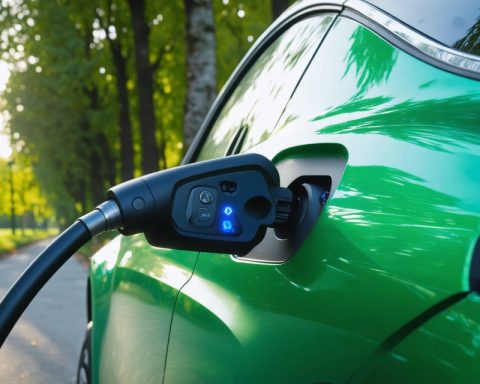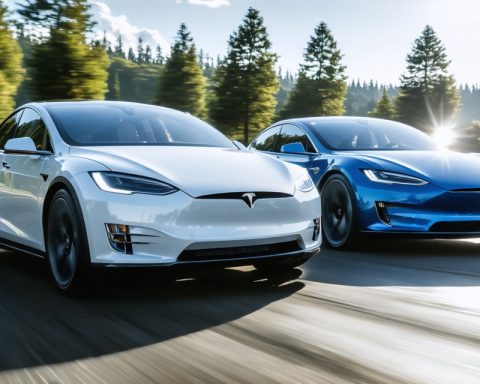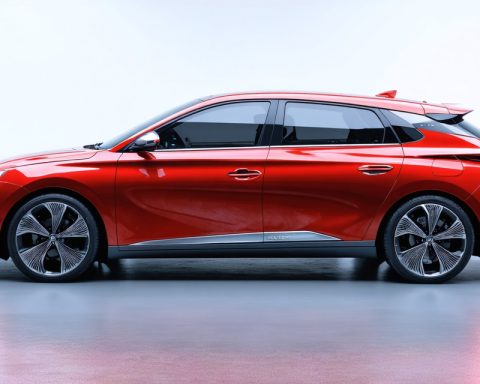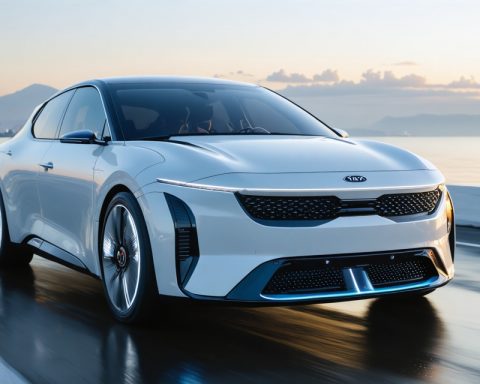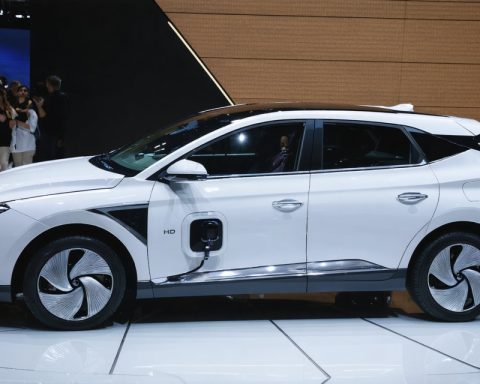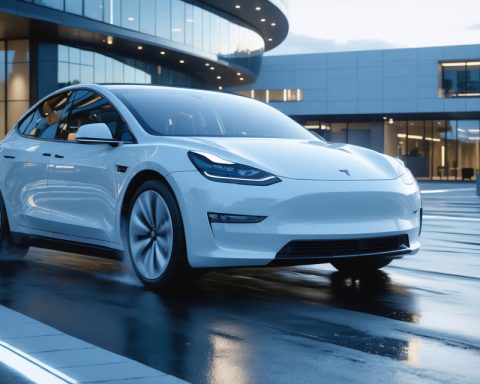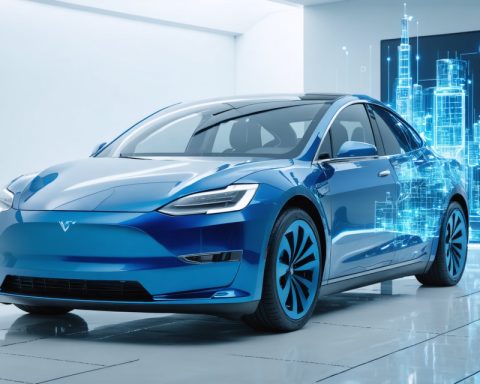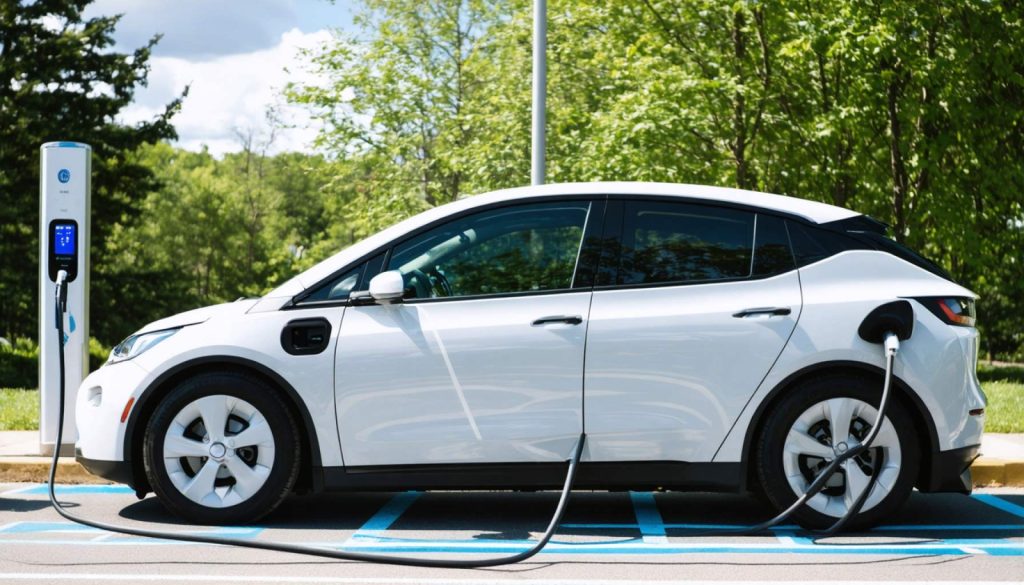- Electric vehicles (EVs) offer notable lifetime savings of £1,200 compared to fuel-powered cars, primarily due to lower running costs.
- Upcoming UK tax changes will remove current vehicle excise duty (VED) benefits for EVs, aligning their tax rates with traditional cars and adding significant annual costs.
- EVs priced over £40,000 will encounter a £425 surcharge annually for four years, which could dampen consumer enthusiasm for EVs.
- While the Zero Emission Vehicle (ZEV) mandate pushes for increased EV sales, there’s concern about higher ownership costs impacting market growth.
- Critics argue the outdated luxury tax threshold unfairly penalizes EVs, potentially discouraging families and businesses from transitioning to electric cars.
- The government emphasizes a balanced strategy to support clean transport while maintaining fiscal discipline, amid calls for policy innovation.
- Key considerations for the future of the UK’s automotive sector include affordability, accessibility, and the integration of environmental goals.
Sweeping changes to car taxes are casting a shadow over the burgeoning electric vehicle (EV) market, fueling concerns about future consumer enthusiasm. A recent analysis highlights that EVs, despite looming tax changes, remain a cost-effective choice, boasting lifetime savings of approximately £1,200 compared to traditional fuel-powered vehicles. These savings largely stem from the economical cost of running on electricity.
But a tempest brews on the horizon as tax policies shift gears. Starting Tuesday, the UK Government will scrap the favorable vehicle excise duty (VED) that EV owners currently enjoy, thrusting them into the same tax rates as their gas-guzzling counterparts. This change mandates a minimum £195 standard charge from the second year after registration, weighing heavier on EVs costing over £40,000, which will now face a £425 surcharge annually for four consecutive years.
Although these changes were initially drafted under the previous administration, they are now being implemented by the current one, raising the financial stakes for all vehicle owners. Paradoxically, the tax burden extends to traditional cars, with owners of high-emission vehicles experiencing up to twice the first-year tax.
The zero-emission vehicle (ZEV) mandate seeks to elevate electric transport by requiring a greater share of EV sales from manufacturers. This policy has cultivated competition, driving EV prices down and propelling the market forward. However, voices from industry experts caution that increasing the cost of EV ownership could stymie this momentum. A leading expert at the Energy and Climate Intelligence Unit warns this policy shift risks cooling consumer enthusiasm at a pivotal moment in the UK’s transition to zero-emission driving.
Beyond the numbers, the revised tax framework seems at odds with the spirit of the EV movement, according to insiders. Critics, like the founder of Electrifying.com, argue that the outdated luxury car tax threshold unfairly targets EVs, whose upfront costs naturally skew higher. Vehicles such as the popular Kia e-Niro or Volkswagen ID.3, previously unscathed by luxury taxes, now find themselves caught in a fiscal netting never meant for practical family cars.
For families and businesses alike, the financial implications are significant. Tax changes mean additional thousands over six years, potentially dissuading many from making the electric shift. For these stakeholders, paying a premium for petrol could become an unintentional reality, undermining broader environmental goals.
As the government pores over feedback from consultations on ZEV mandates, a crucial question looms: can policy and innovation coexist to foster both fiscal responsibility and environmental stewardship? The Treasury, for its part, insists its strategy balances these dual priorities by stabilizing finances while incentivizing cleaner automotive choices. Nevertheless, the delicate line between encouragement and deterrent remains a tightrope the UK must navigate with care.
Ultimately, as tax tides shift, the UK’s automotive landscape could see a renewed focus on affordability and accessibility, pivotal factors in steering the journey towards a cleaner, greener future.
The Future of Electric Vehicles: How Changing Car Taxes Could Affect You
Understanding the Impact of Car Tax Changes on Electric Vehicles (EVs)
The recent alterations in car taxes in the UK, particularly concerning electric vehicles (EVs), represent a significant shift in the automotive market. While EVs offer lifetime savings of approximately £1,200 over traditional fuel-powered vehicles due to lower running costs, the landscape is shifting. Here’s what you need to know about these changes and their potential consequences.
Key Tax Changes and Their Implications
1. Vehicle Excise Duty (VED) Adjustments:
– Beginning soon, the UK Government will remove the favorable VED status for EVs. EVs will now face the same tax rates as traditional vehicles, with a minimum charge of £195 from the second year after registration.
– EVs priced over £40,000 will incur an additional £425 charge annually for four years, impacting models like the Kia e-Niro and Volkswagen ID.3, which were previously exempt.
2. Zero-Emission Vehicle (ZEV) Mandate:
– The ZEV mandate aims to encourage EV sales, but the added cost of ownership due to increased taxes could dampen enthusiasm. Manufacturers are required to ensure a larger share of their sales consists of EVs, which has previously led to competitive pricing.
Industry Trends and Predictions
– Market Forecast: Despite these tax changes, the global EV market is expected to grow, driven by technological advancements and decreasing battery costs. According to BloombergNEF, EVs could make up 58% of light vehicle sales by 2040.
– Industry Controversies: There’s contention regarding the luxury car tax threshold. Critics argue it penalizes practical family EVs that have inherently higher upfront costs due to battery expenses, potentially stifling adoption.
Pressing Questions Readers May Have
– How do these tax changes affect the cost of owning an EV?
While EVs remain cost-effective in terms of fuel savings, the increased VED could offset these benefits, especially for higher-priced models.
– Will this deter EV adoption?
It could slow adoption rates as the financial advantage of owning an EV diminishes. However, continuous technological improvements and environmental incentives may sustain growth.
– What are the potential environmental implications?
Slowed adoption of EVs could hinder the UK’s climate goals. Balancing tax strategies with incentives is crucial to maintain momentum towards reducing emissions.
How-To: Manage Finances Amidst Changing EV Taxation
1. Perform a Cost-Benefit Analysis: Consider the total lifetime cost of your vehicle, including fuel savings versus the new tax obligations.
2. Explore Government Incentives: Stay informed about any additional incentives or subsidies for EV purchases and infrastructure improvements.
3. Consider Used EVs: With taxes on newer EVs increasing, buying a used one could offer financial benefits.
Pros and Cons Overview
– Pros:
– Lower running costs and environmental impact compared to traditional vehicles.
– Continual improvements in EV technology and infrastructure.
– Cons:
– Higher taxes for EVs could deter new buyers, particularly for higher-priced models.
– Potential misalignment with environmental policies if adoption slows.
Actionable Recommendations
– Stay Informed: Keep up-to-date with policy changes and how they impact electric vehicle ownership.
– Evaluate Alternative Models: Consider different EV models to find those with the best financial fit post-tax changes.
– Engage with Policy Discussions: Participate in public consultations to voice the need for balanced tax policies that support environmental goals.
For more information on electric vehicles and policies, click here: Government UK


